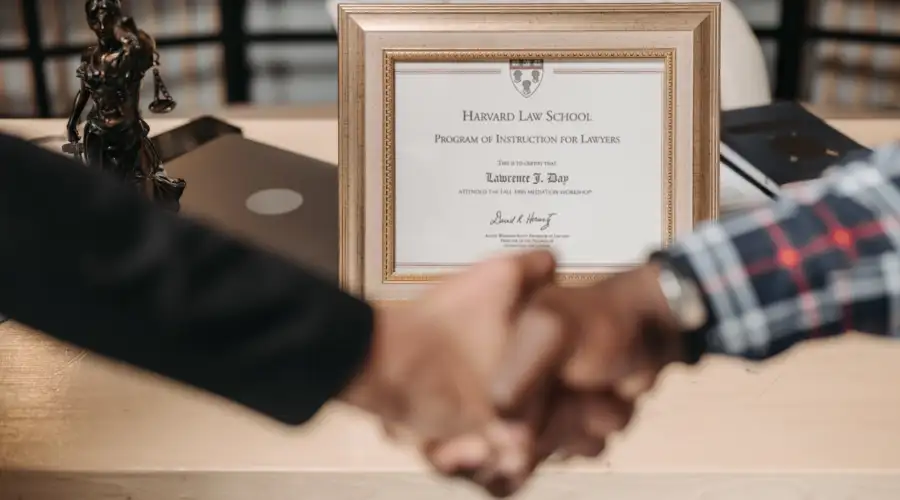How to Transfer Your Professional Qualifications Overseas
Licensing, certifications, and even degrees may not automatically be recognized in your new country, requiring some research and effort to ensure your skills and credentials are acknowledged. Here’s a step-by-step guide to help you navigate the process of transferring your professional qualifications overseas.
1. Research Country-Specific Requirements
The first step in transferring your qualifications is to look into the requirements of the country you’re moving to. Each nation has its own rules for recognizing foreign qualifications, and certain fields (like healthcare, law, or education) may have extra stipulations.
Start by checking the official website of the relevant professional organization or regulatory authority in your area of expertise. For instance, teachers relocating to Canada might reach out to the provincial teacher certification body, while engineers heading to Australia would consult Engineers Australia. Be ready to encounter differences in qualification levels or standards between your home country and the new one.
2. Get Your Credentials Evaluated
Often, you’ll need to have your credentials assessed by a recognized evaluation agency. These organizations compare your qualifications to their local equivalents and provide a report detailing how your education and experience measure up to local standards.
Some examples of credential evaluation services include:
– World Education Services (WES): Widely used in the U.S. and Canada.
– UK NARIC (now Ecctis): Acknowledged in the UK.
– Australia’s Qualifications Recognition Service: For professionals moving to Australia.
Make sure to collect certified copies of your transcripts, degrees, and any relevant certifications. Some countries might require these documents to be translated into their official language, so be prepared for that extra step.
3. Fulfill Licensing or Certification Requirements
Many professions necessitate a license or certification to practice legally. If your field requires this, check if your current license can be transferred or if you need to apply for a new one. In some instances, you may need to:
– Pass additional exams or competency assessments.
– Complete bridging programs to fill in knowledge or experience gaps.
– Provide proof of work experience or references from past employers.
4. Professional Associations
Membership in the local professional association in your field can be very rewarding. Such organizations usually offer resources and guidance for newcomers, including networking opportunities, mentorship programs, and updates on industry standards.
For instance, joining a chartered accountants’ body or an educators’ union in your new country can help you navigate the local job market and stay informed about professional requirements.
5. Use Global Skills Recognition Programs
Some professions have international agreements that make it easier to recognize qualifications. For example:
The Washington Accord: This is an agreement that recognizes engineering degrees across several countries, including the U.S., Canada, and Australia.
The Bologna Process: This is a framework for recognizing qualifications across Europe.
Check if your profession has similar agreements to make it easier.
6. Prepare for the Job Market
While having your qualifications recognized is a key step, adapting to the local job market is equally important. Update your resume and LinkedIn profile to highlight transferable skills and accomplishments. If you’ve completed additional certifications or met local requirements, make sure to emphasize this in your applications.
Additionally, consider cultural differences in professional settings and communication styles. Adapting to local norms can make a significant difference in securing employment.
7. Be Patient and Persistent
The process of transferring your qualifications can be quite lengthy and involved, often requiring patience and determination. Delays in document processing, language barriers, or unexpected requirements may crop up, but staying organized and proactive will help you overcome them.
Transfer your professional qualifications to your host country for an opportunity to kick-start your successful career abroad. Know the requirements of your profession in your new host country, have your credentials evaluated, meet licensing conditions, and fit into the job market in the country, so you will not find it challenging. Though this is a difficult process, it offers so much to your profession and your personal life that is well worth it.



